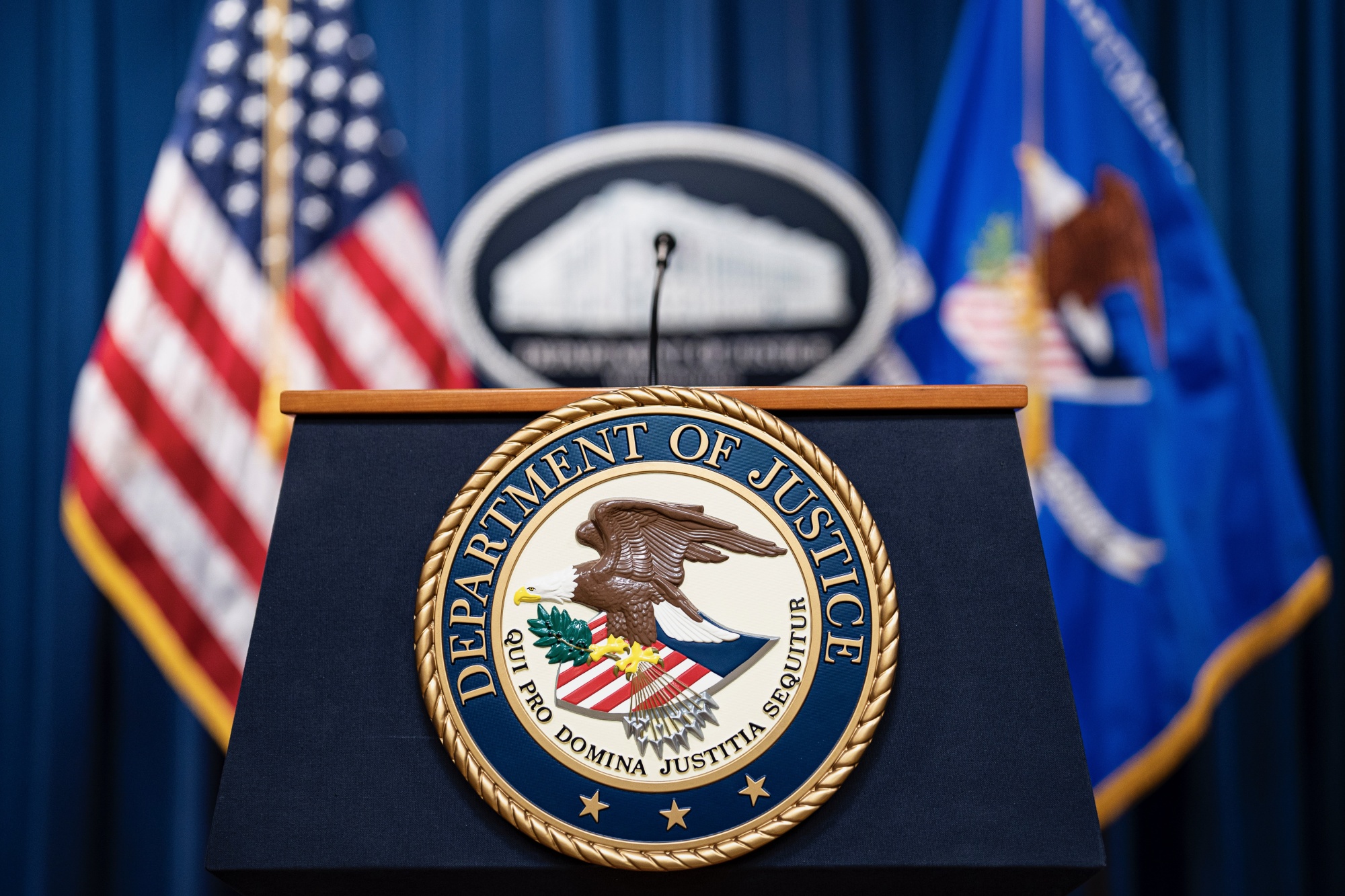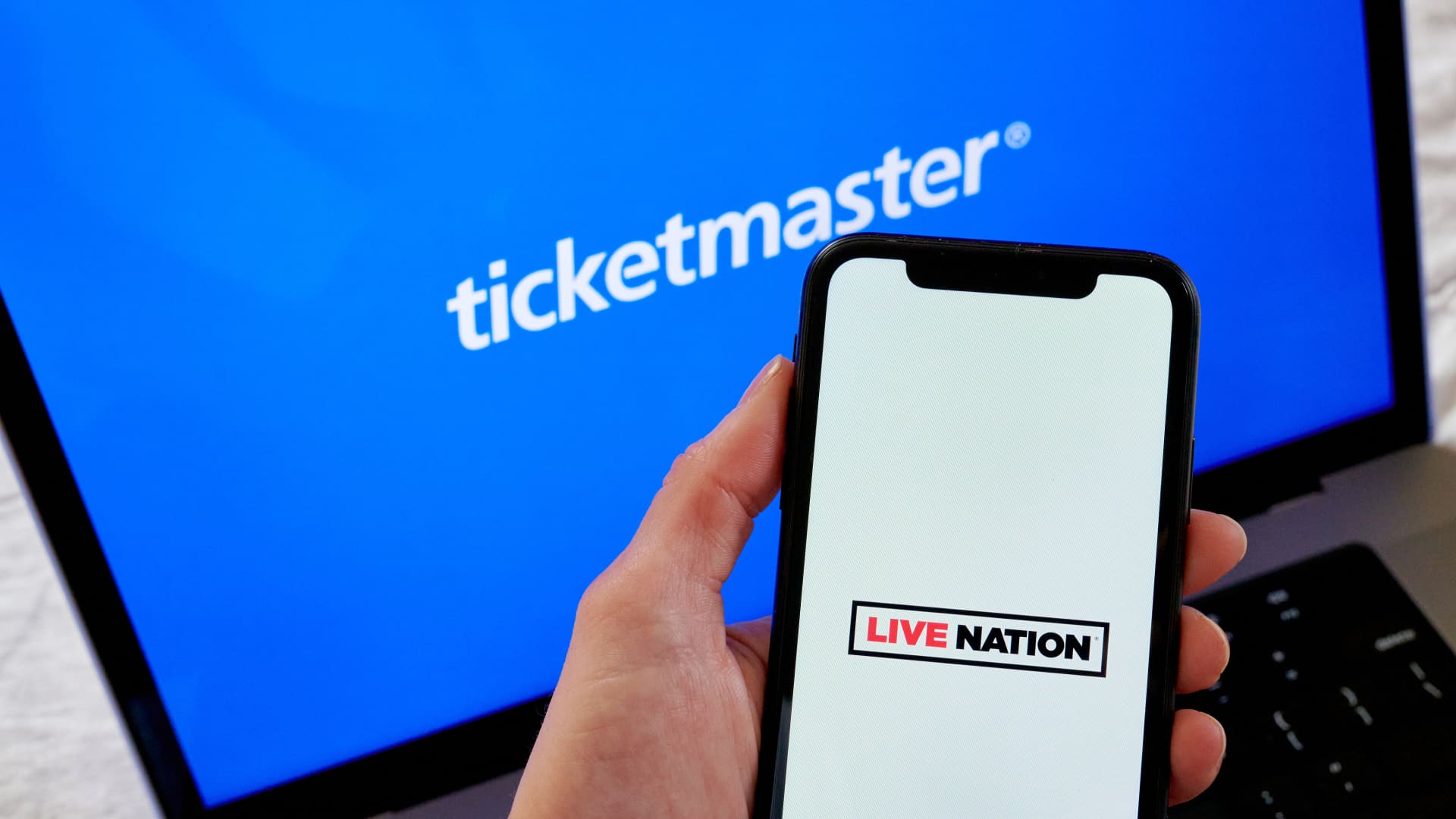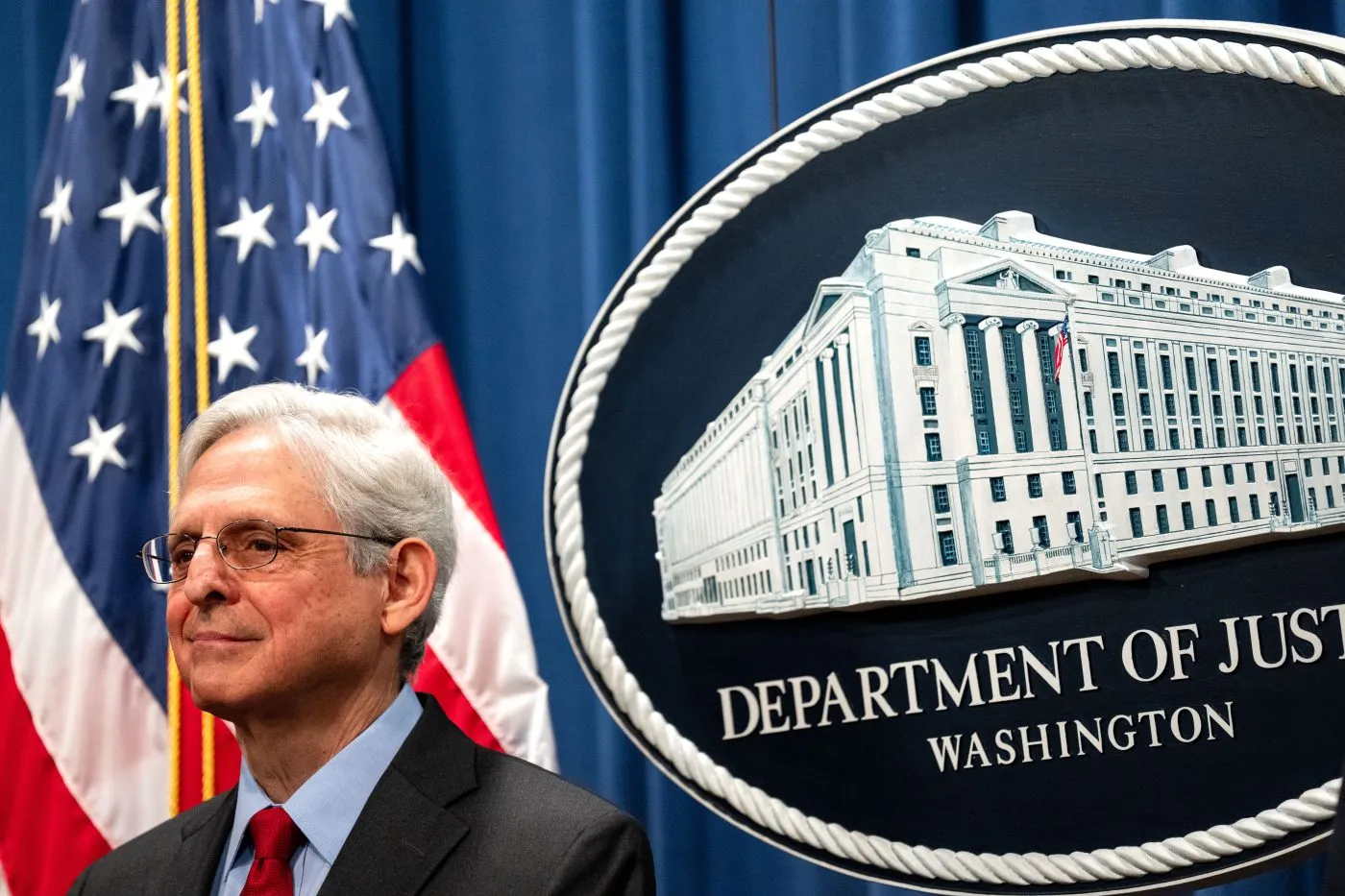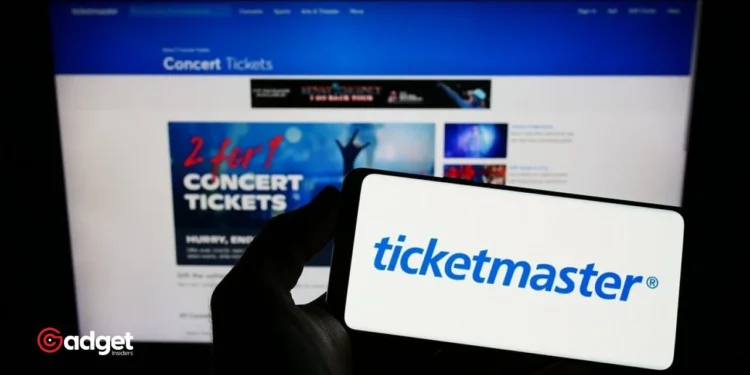The U.S. Department of Justice has taken a bold step, backed by 30 states, to dismantle what it considers a monopolistic stronghold by Live Nation, the parent company of Ticketmaster, over the live events industry. This legal maneuver follows an intense scrutiny that began in 2022 after numerous fan complaints, particularly after a fiasco involving Taylor Swift’s Eras Tour ticket sales.

Attorney General Merrick Garland expressed strong objections to Live Nation’s practices, stating, “Live Nation relies on unlawful, anticompetitive conduct to exercise its monopolistic control over the live events industry in the United States at the cost of fans, artists, smaller promoters, and venue operators.”
The consequences, as highlighted by Garland, are far-reaching—exorbitant fees, limited concert opportunities for artists, squeezed out smaller promoters, and scant choices for venues regarding ticketing services.
Live Nation’s stock plummeted by more than 7% following the announcement of the lawsuit, signaling the market’s reaction to the potential upheaval in the live events sector.
Inside the Monopoly Claims
Since merging with Ticketmaster in 2010, Live Nation has established a behemoth in the live event and ticketing industry. According to the Department of Justice, Live Nation not only manages over 400 artists but also holds the reins on approximately 60% of the promotions at major concert venues. It further operates and manages ticket sales globally and owns over 265 entertainment venues across North America.
The DOJ claims that through Ticketmaster, Live Nation controls about 80% or more of the primary ticketing for major concert venues—a dominance that has led to various anticompetitive behaviors. These include locking artists into exclusive promotional deals, tying up venues with long-term contracts that stifle competition, and even acquiring smaller rivals to maintain their market stronghold.
During a press conference, U.S. Attorney General Merrick Garland took questions and emphasized the alleged exploitative mechanisms by Live Nation, “Taken individually and considered together, Live Nation’s and Ticketmaster’s conduct allows them to exploit their conflicts of interest across the live music industry and further entrench their dominant position.”

The Defense by Live Nation
In response to the allegations, Live Nation has vehemently denied any wrongdoing. Dan Wall, Live Nation’s executive vice president for corporate and regulatory affairs, labeled the DOJ’s claims as “absurd” and argued that the issues pointed out by the DOJ are not within their control, such as rising production costs and artist popularity which influence ticket prices.
Wall also pointed out the complexities of the ticket pricing model, “Ticketmaster service charges are no higher than elsewhere, and frequently lower,” he noted, adding that most of the ticket fees are determined by the artists and venues.
Consumer Impact and Market Reactions
The lawsuit has ignited a broader discussion on the impact of monopolistic practices in the live event ticketing industry. During a surge in demand for Taylor Swift concert tickets, which saw disruptions due to 14 million users—including bots—trying to purchase tickets, many fans ended up seeking tickets for international shows where prices were lower, as other countries often employ multiple ticketing companies for the same event.
This incident and others have spurred debates on whether breaking up Live Nation-Ticketmaster could lead to more competitive pricing and better service in the ticketing industry. Assistant Attorney General Jonathan Kanter criticized the so-called “Ticketmaster tax,” a series of fees that seem endless to concert-goers, “It is through these exclusive ticketing arrangements that Americans face the dreaded Ticketmaster tax, the seemingly endless set of fees ironically named service fee or convenience fee when they are anything but,” he stated.

Looking Ahead
As the lawsuit progresses, the potential reshaping of the live events industry looms. The outcome could redefine how tickets are sold and managed, potentially benefiting consumers with lower prices and more innovative ticketing options. However, Live Nation remains confident that the lawsuit will not affect its business model fundamentally.
This high-profile case not only underscores the tensions between business practices and regulatory oversight but also sets a significant precedent for how monopolistic behaviors are handled in the entertainment industry. Fans, artists, and industry stakeholders will be watching closely as the case unfolds, hoping for a fair resolution that revitalizes competition and improves the live event experience.










